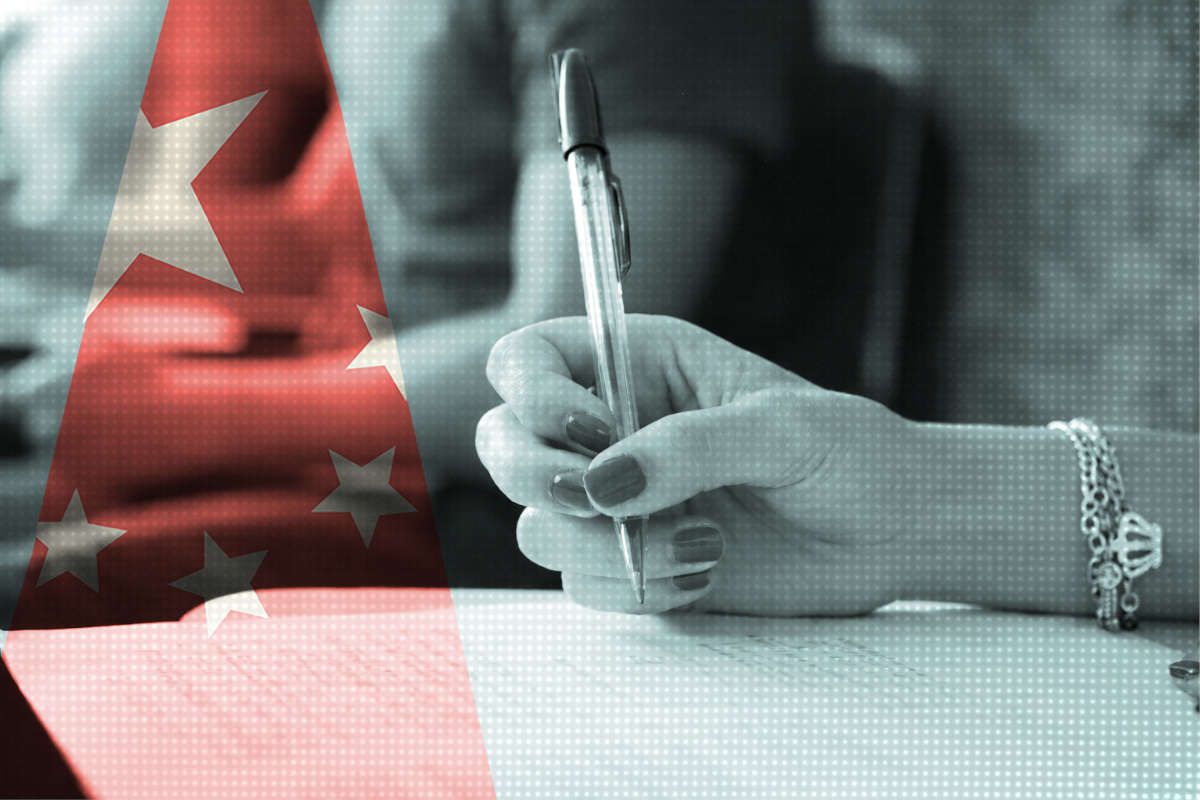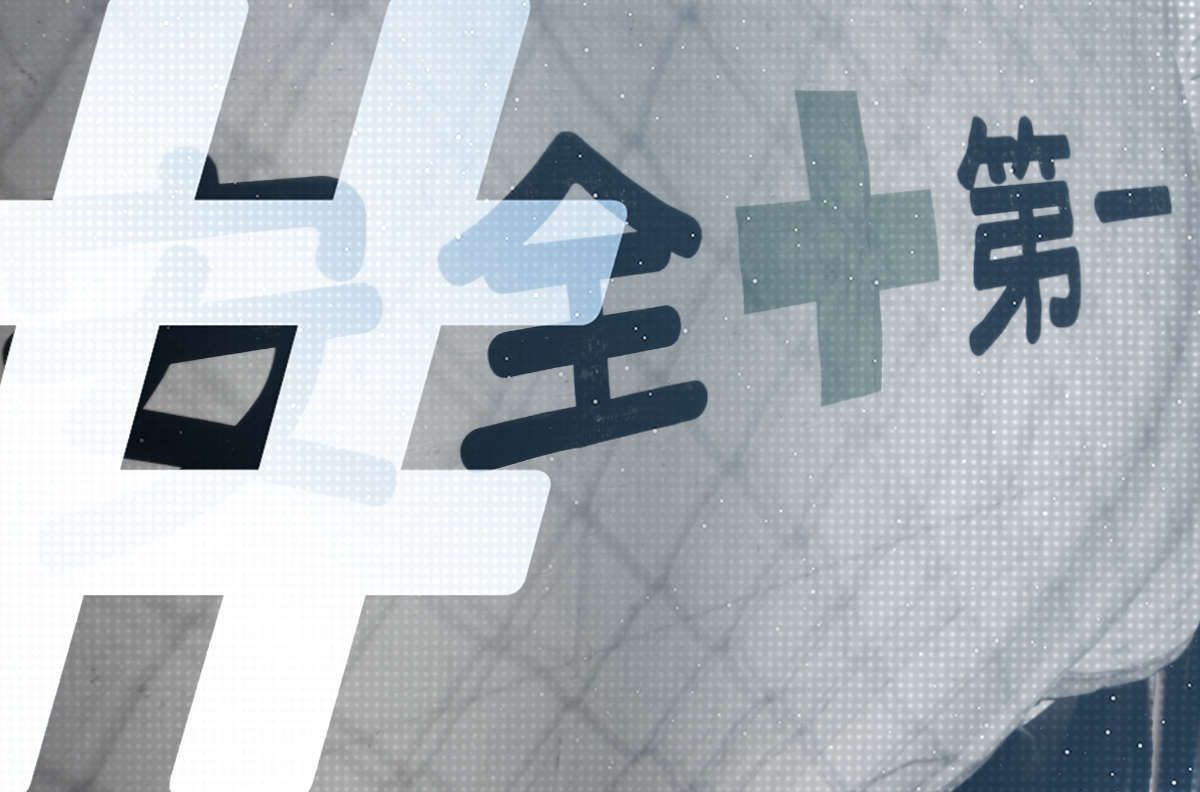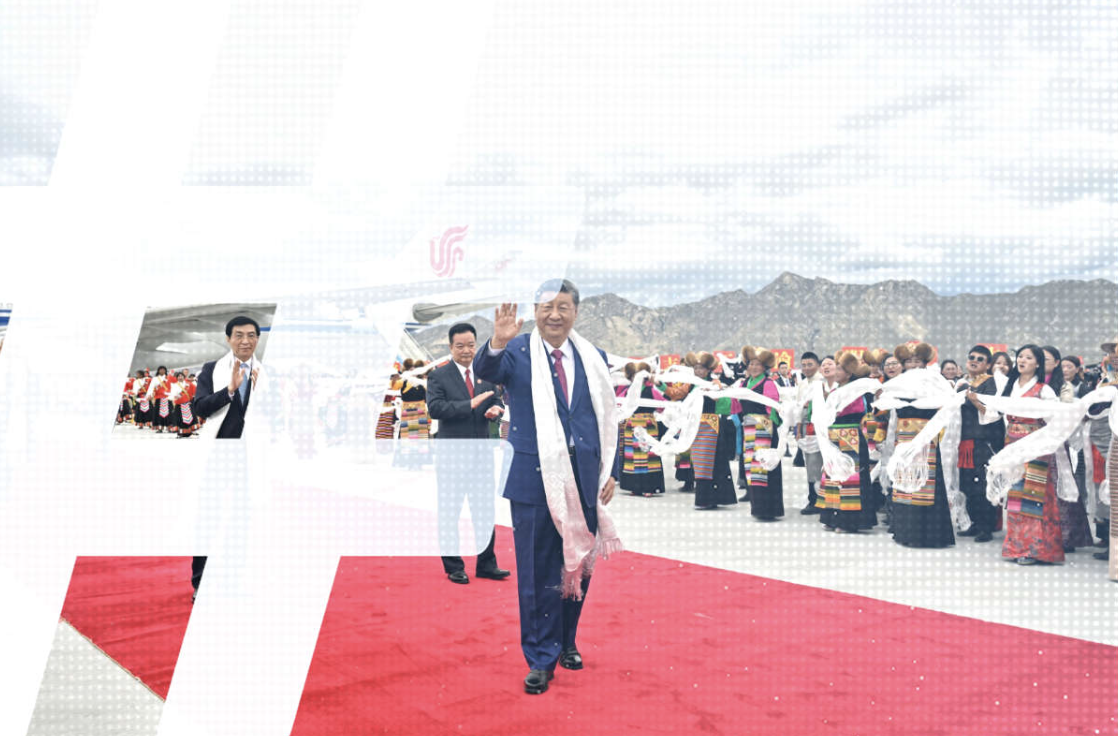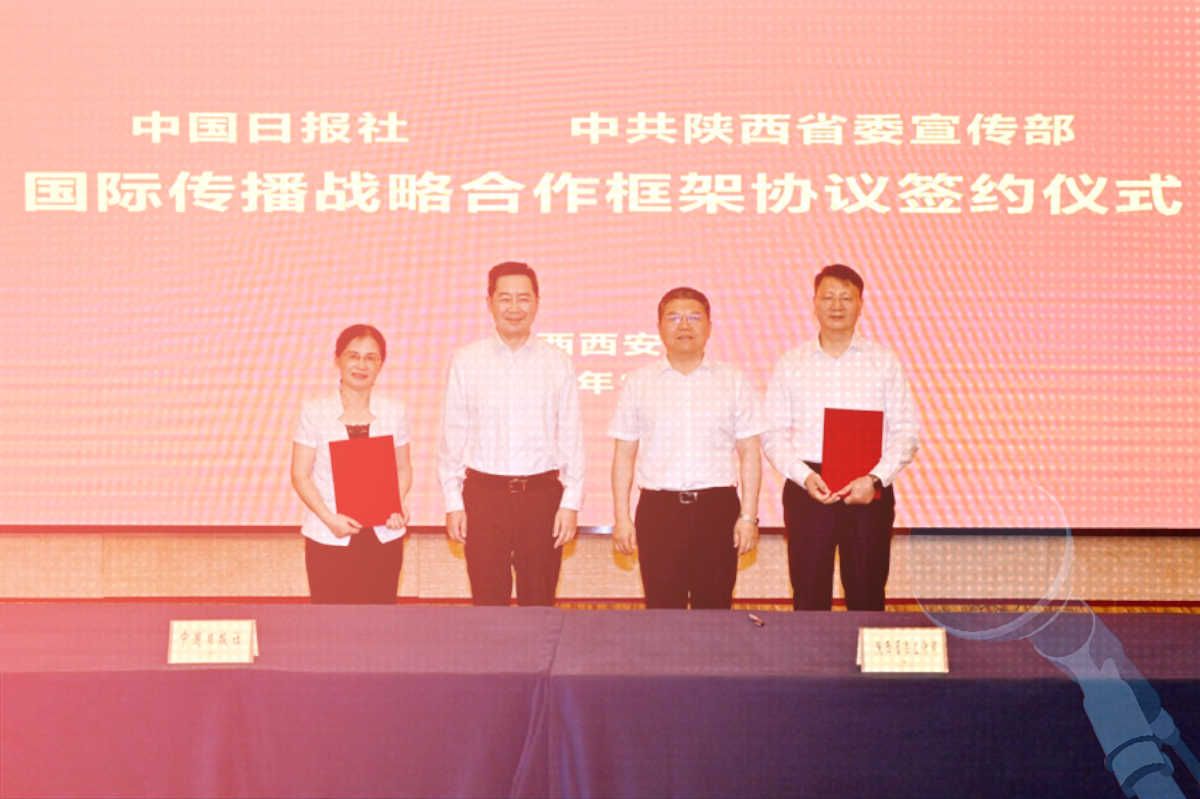Headlines and Hashtags
Chinese media continue to draw lessons from court ruling against Huaxia Times in “Aids orphan” case
In a decision underscoring greater awareness of personal privacy and right of reputation protections in China, a court in Beijing’s Chaoyang District found against Huaxia Times newspaper last month. Without the consent of “Aids orphan” Xiao Li (name changed), the newspaper published a story in December last year about the death of the girl’s parents, who had Aids, along with her photograph and real name. On July 16 the court ordered Huaxia Times to issue a public apology to Xiao Li and pay 20 thousand yuan in damages.
Chinese media reports of Xiao Li’s court victory have still declined to mention the defendent, Huaxia Times, by name. But nearly two weeks after the verdict was passed down the case still sparks soul-searching among Chinese media.
Critics of the Huaxia Times report, which offered a detailed account of the death of Xiao Li’s parents from Aids, said the newspaper had thoughtlessly and painfully reopened the child’s past just as she was beginning to rebuild her life in the care of others. Guangdong’s Southern Weekend newspaper ran a detailed report of the case back in June. Xiao Li had received the help of a number of people, including well-know Aids crusader Gao Yaojie, in starting a new life, Southern Weekend reported. In late 2005, another of Xiao Li’s caretakers shared her story with a reporter from Huaxia Times on the condition they “must not print her picture or use her actual name”. The story appeared with Xiao Li’s picture and real name on page A16 on December 2 and within days was all over the Internet.
In an editorial yesterday, Beijing Youth Daily called the decision an “important caution” to media to uphold their social responsibility and move toward better regulation. The newspaper, published by Beijing’s city-level Communist Youth League, offers a muted appeal for Chinese media to learn from Western media standards, or more precisely, from the American notion of “political correctness”, which is not in fact an American news value as the editorial seems to suggest, or a “system” for ensuring journalistic fairness:
In an ideal and healthy media environment, all responsible media must be self-aware and have a strict sense of discipline, and must ensure this discipline becomes a reality through efficient mechanisms and tools. As to this sense of discipline and systems of guarantee, Chinese media professionals are probably most familiar with American sensitivities over ‘political correctness’. We do not subscribe to Western views of the media, and must vigilant critics of them. However, scrupulously abiding by ‘political correctness’ in the goal of preserving social stability and equality and respect for different [social] groups is something we should turn to for reference. Mature media, when coming across sensitive topics like the ‘Aids orphan’ story, should make respect for the various rights and interests of the subject its ‘cardinal rule’. It should have a series of measures in place to this end so that all possible errors are destroyed by strict procedures.
[Posted by David Bandurski, August 9, 2006, 4:17pm]




















